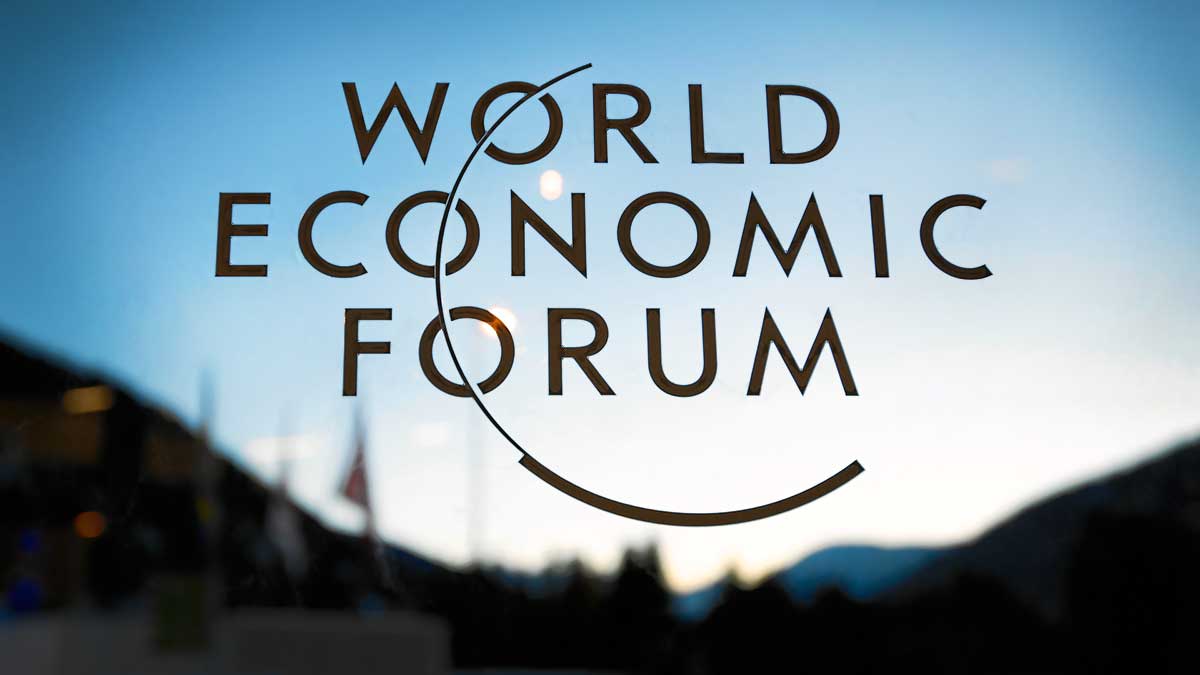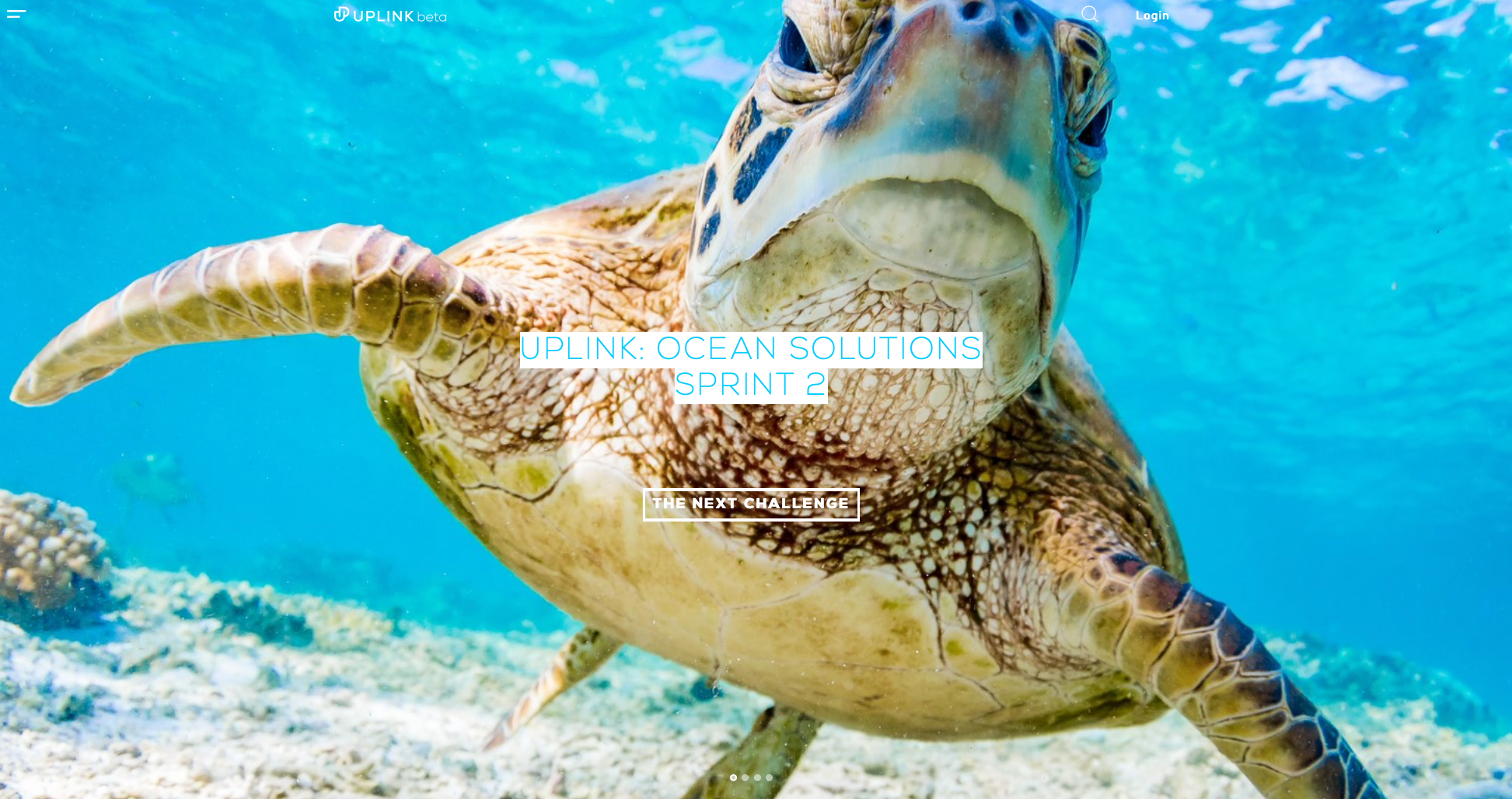The World Economic Forum and its Digital Platform for Crowdsourcing are asking for a second Ocean Solutions Sprint. Dateline is October 31, 2020. Take Action.
UpLink is an effort to accelerate the delivery of the UN Sustainable Development Goals (SDGs). It is an open platform designed to engage anyone who wants to offer a contribution to the global public good. The core objective is to link-up the best innovators to networks of decision-makers, who can implement the change needed for the next decade. As a global platform, UpLink serves to aggregate contributions and impactful activities, to guide and align pockets of activism and entrepreneurialism, and to make connections for effective collaboration.
Ocean as first UpLink Topic
The World Economic Forum hosts a large ocean network and, in light of the UN Ocean Conference in June 2020, the Ocean Agenda offers an ideal first theme for UpLink. The global ocean community also provides an extensive network of experts and innovators who can help develop the UpLink proposition.
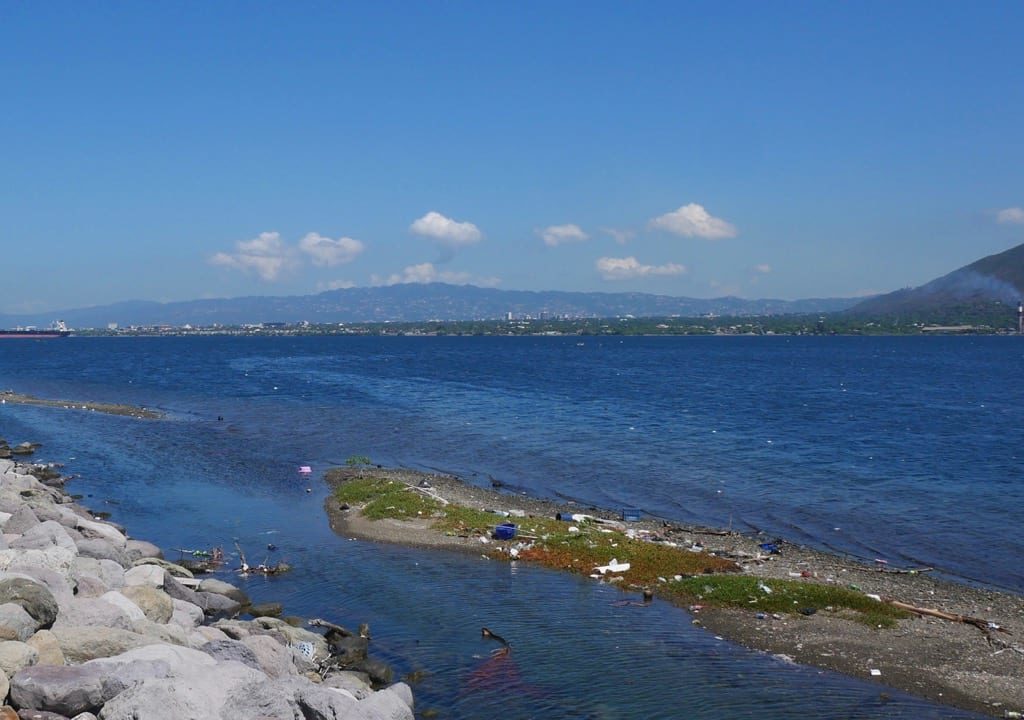
Do you have a solution?
This sprint is focused on seeking solutions that address:
The Forum is seeking solutions until October 31st. Solutions will go through a rigorous review process led by expert committees who will seek to surface top solutions to comprise the next UpLink Ocean Cohort announced in December 2020.
Solution for *
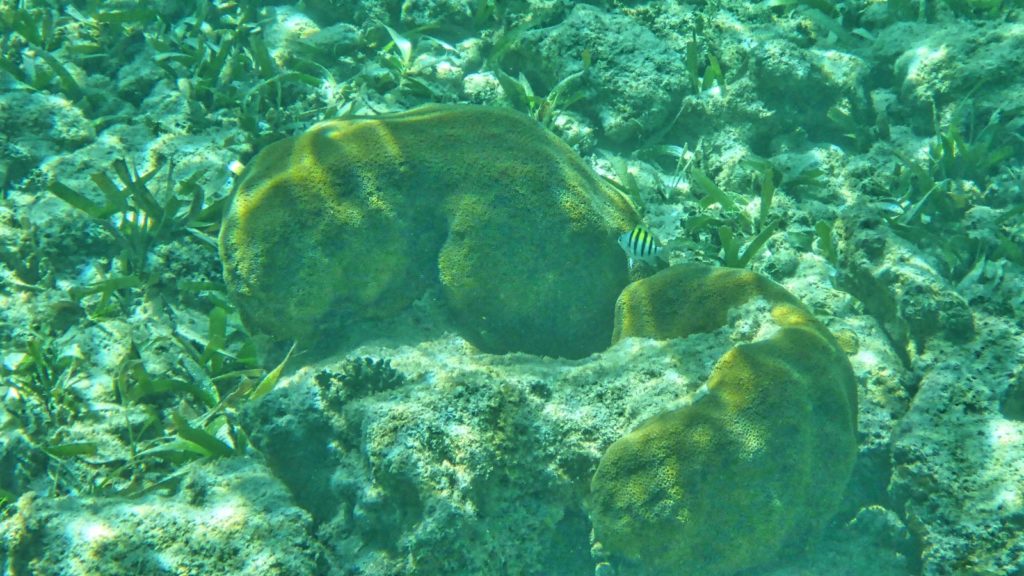
PROTECTING AND RESTORING CORAL REEFS
Coral reefs occupy less than one-quarter of 1% of the marine environment, yet they are among the most valuable ecosystems on earth hosting about a quarter of all known marine species and generating a total net benefit of about US$9 trillion per year. As a result of an array of threats – from climate change, pollution, overfishing and destructive fishing we have already lost 50% of coral reefs and they continue to decline putting the safety, well-being, food, cultural heritage, and economic security of at least one billion people are at risk. The International Coral Reef Initiative (ICRI) and the Global Fund for Coral Reefs are seeking to surface innovators from around the world tackling these challenges to the coral reefs. Find out more here .
Solutions we are looking for:
We are looking for projects with outstanding innovation, impact and ability to deliver ICRI’s call to action and at protecting and preserving coral reefs and/or related ecosystems, with a particular emphasis on building climate resilience, facilitating coral recovery and developing innovative funding.
Solutions should consider the following criteria:
• Implication on local communities and potential for scaling-up and replication
• For restoration projects, ensure the anthropogenic threats are addressed
• Planned monitoring activities
• Design and/or implementation of the proposed project will be done in partnership with multiple local stakeholders
• Rationale for the proposal and potential for scaling-up and replication
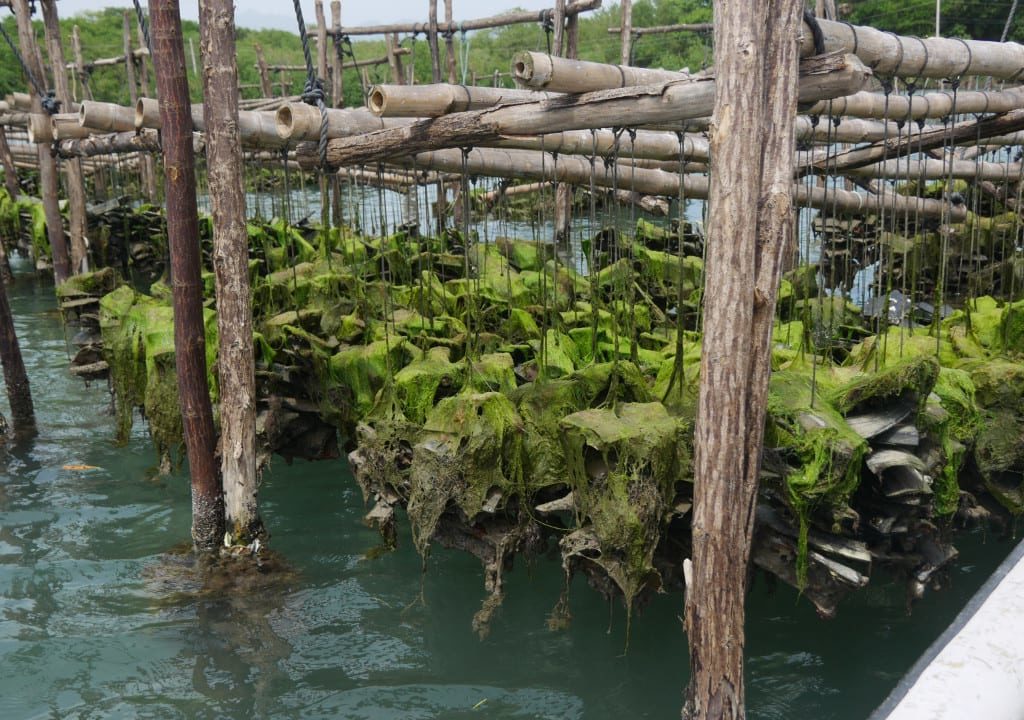
RESTORATIVE AQUACULTURE
Aquaculture when done in the wrong way and in the wrong places can cause environmental harm. However, there is a growing body of evidence that shows that aquaculture—particularly shellfish and seaweed aquaculture—has the potential to benefit ecosystems in addition to providing sustainable seafood and jobs for coastal communities. These benefits include water quality improvements, habitat provision, fish production, and climate mitigation. By honing and strategically designing aquaculture, we can help address some of the biggest challenges facing our oceans: coastal pollution, habitat degradation, overfishing, and climate impacts.
Solutions we are looking for:
We are referring to a new paradigm of when commercial aquaculture, primarily of low trophic mollusk and seaweed, successfully benefits the health of our ocean as “restorative aquaculture.” Precisely how, where, and when aquaculture can yield restorative ecosystem benefits, however, is poorly understood. The Nature Conservancy & Hatch seek to identify businesses that can demonstrate how aquaculture can simultaneously provide food for a growing population, generate financial returns and provide valuable restorative benefits to our oceans.
Solutions should consider the following criteria:
• Solutions should be commercial aquaculture farms, farming system suppliers, or ancillary businesses that support the aquaculture sector
• Directly benefit ocean health in areas such as water quality improvements, habitat provision, increasing wild fish production, or climate mitigation.
• Could include new farming designs that utilize ecological design, innovations that reduce negative environmental impacts of farming operations (e.g. plastic use), new species development, environmental monitoring systems, new products/product forms
• Level of innovation, uniqueness and ability to scale
• Clarity of any investment and other scale-up needs to increase the impact of the solution
• Demonstrated pathway towards financial viability

